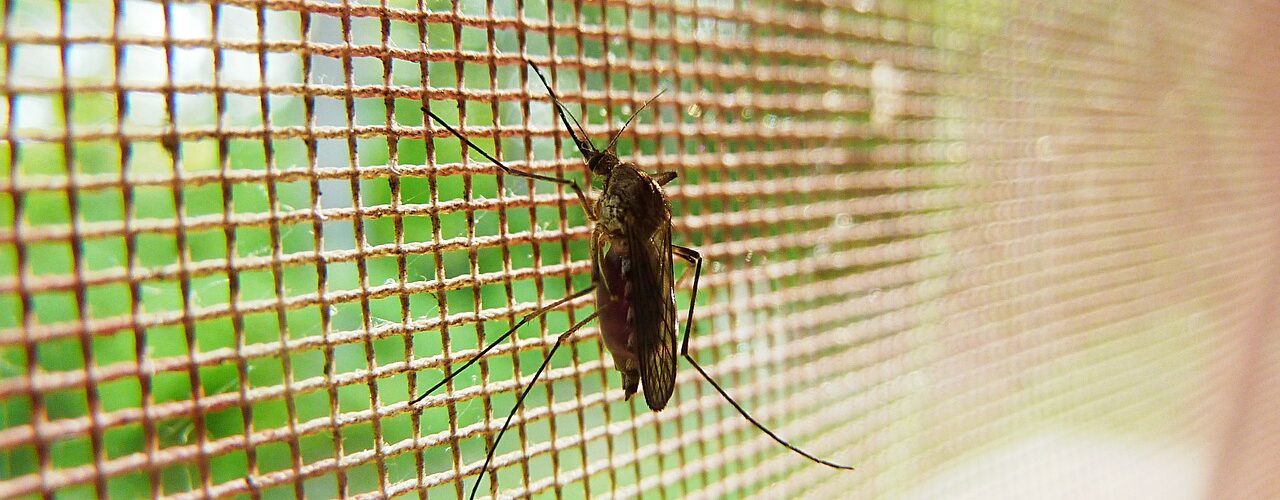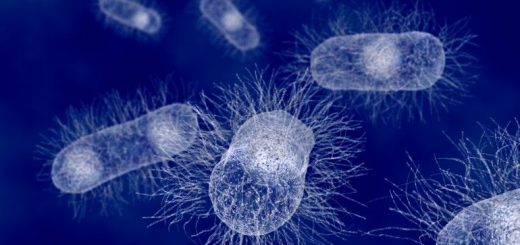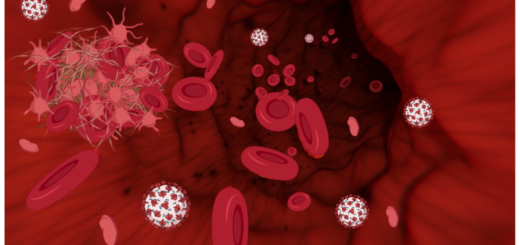A Malarial Dilemma: to Die or to Diet?

Malaria is a serious and often fatal disease: particularly for children under the age of five. It is caused by protozoan (single-celled organism) parasites – belonging to the genus Plasmodium. These parasites are carried from host to host by the bite of an infected female mosquito. Upon entering a suitable host the parasites are then capable of invading, surviving and reproducing within red blood cells (the cells which carry vital oxygen around our bodies). Here, they rely on the nutrients available in their environment provided by their host.
Our bodies also rely on a balanced daily supply of nutrients to keep functioning; if this balance is upset through under eating we affect our overall health negatively. But does our diet also affect a parasite living with in our body – like malaria?
Recently, researchers from the laboratory of Maria M. Mota at the Instituto de Medicina Molecular Lisboa asked this very question, and it yielded some surprising results. By using a mouse model of malaria (a mouse infected with the rodent-infective protozoan parasite species Plasmodium berghei) to represent a human infection, they could demonstrate that reducing the calorie intake of the mice by roughly 30-40% also reduced the growth of the parasite1.
The researchers also identified a protein kinase (an enzyme involved in cellular communication), called ‘KIN’, which the parasite may use to adapt to varying available nutrient levels.
This significant finding highlights not only the parasite’s ability to detect these changes and then adjust accordingly to them, but it also opens new areas of investigation. For example, understanding the complex nutritional relationship between the parasite and the host may be vital to ensuring the survival of the host, or it may allow for improved methods of diagnosis. Furthermore, a clear understanding of such interactions may allow researchers to design safer and more effective malaria drugs.
Edited by Richard Murchie










